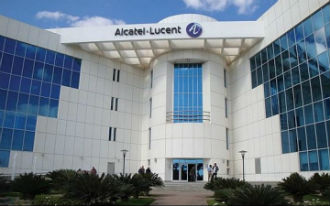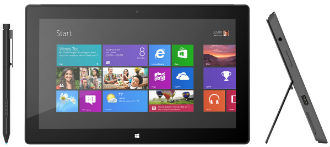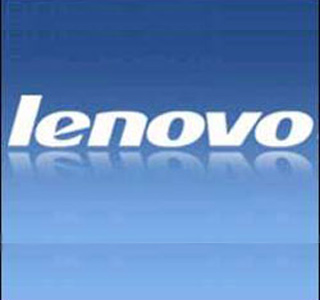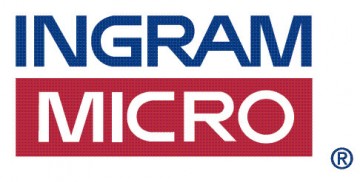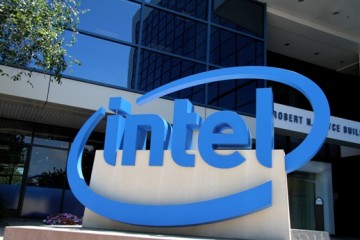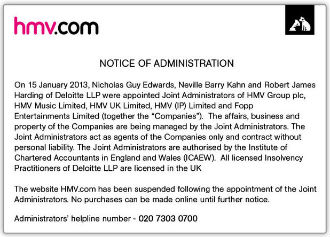 HMV’s administrators announced Thursday that 66 retail stores across Britain will close their doors over the next two months.
HMV’s administrators announced Thursday that 66 retail stores across Britain will close their doors over the next two months.
HMV, which entered administration in January, currently operates 220 stores in the UK. Deloitte said the affected stores employ 930 staff, but no fixed date has been set for their closure yet.
Staff quickly took to Twitter, talking about redundancies made across HMV offices and distribution centres.
Deloitte, HMV’s administrator, is in talks with restructuring specialist Hilco about a possible takeover of HMV. Hilco is said to be in talks with suppliers and HMV’s landlords, as part of an effort to save about half of the shops in the UK, Express reports.
“This step has been taken in order to enhance the prospects of securing the business’ future as a going concern,” Nick Edwards, joint administrator at Deloitte, said. “We continue to receive strong support from staff and are extremely grateful to them for their commitment during an understandably difficult period.”
HMV became a hugely profitable enterprise following the introduction of CDs and cheap video tech in the eighties. It quickly expanded around the world, opening shops in North America and on the continent. Its retail operation peaked in the naughties, with 325 shops up and running. However, HMV failed to recognise the threat posed by online distribution to its traditional retail approach and by the late 2000s it was in more trouble than it could handle.
HMV is not the first retail outfit to face collapse due to online competition. Camera chain Jessops and DVD rental business Blockbuster were forced to close last month.
The HMV stores set to close over the next two months are:
England: Ashton-under-Lyne, Barnsley, Bayswater, Bexleyheath, Birkenhead, Birmingham Fort, Blackburn, Boston, Bournemouth Castlepoint, Bracknell, Burton-upon-Trent, Camberley, Chesterfield, Croydon Centrale, Durham, Fulham, Huddersfield, Leamington Spa, Leeds White Rose, Loughborough, Luton, Manchester 90, Moorgate, Orpington, Rochdale, Scunthorpe, South Shields, Speke Park, St Albans, St Helens, Stockton-on-Tees, Tamworth, Teesside, Telford, Trocadero, Wakefield, Walsall, Walton-on-Thames, Wandsworth, Warrington, Watford, Wellingborough, Wigan, Wood Green, Workington
Scotland: Dumfries, Edinburgh Fort, Edinburgh Gyle Centre, Edinburgh Ocean, Edinburgh Princes Street, Edinburgh St James, Falkirk, Glasgow – Fort, Glasgow – Silverburn, Glasgow Braehead, Kirkcaldy
Northern Ireland: Ballymena, Belfast Boucher Road, Belfast Forestside, Coleraine, Craigavon, Derry, Lisburn, Newry, Newtownabbey
Wales: Wrexham

